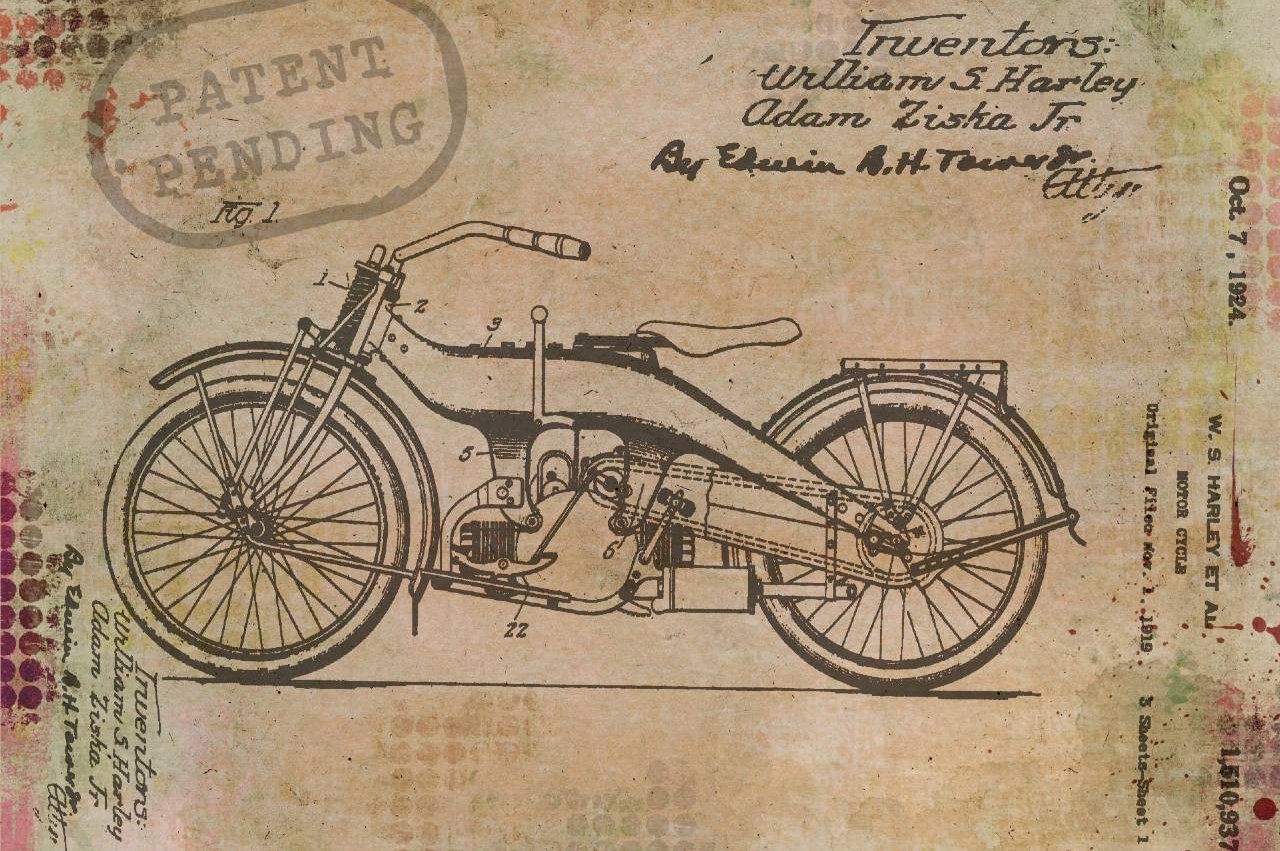
As a framework regulation for innovation markets, the patent system needs to be tailored to both the innovation process it is supposed to serve and the competitive environment, within which it must operate. Sovereign states should retain the discretion to adopt a patent system that best suits their technological capabilities as well as their social, cultural and economic needs and priorities, with the proviso that the exercise of such discretion must remain within the boundaries of international law. The objective of the 'Patent Flexibilities‘ project is to analyse how Latin American states make use of the policy space that international law, in particular the 'Agreement on Trade-Related Aspects of Intellectual Property Rights' (TRIPS Agreement), leaves to them with regard to the implementation and administration of their patent systems.
The ability of states to maintain a proper balance between the need for protection of knowledge goods in global markets, the freedom to regulate national or regional innovation markets, and the policy space for pursuing diverse public interest goals risks is being increasingly constrained by multilateral and bilateral trade and investment agreements. With the 'Patent Declaration', the Max Planck Institute for Innovation and Competition – together with a multinational group of 40 patent scholars from 25 countries – took up the challenge to rebut the widespread assumption that international law, in particular the TRIPS Agreement and the 'Paris Convention for the Protection of Industrial Property', requires states to implement a high level of patent protection and leaves little space for pursuing national public interest goals. To this effect, the Declaration seeks to clarifiy the regulatory options that states retain with regard to the design of their patent systems. It is ultimately about sovereignty and the right to self-government. Its aim is to make policy-makers, legislators, courts, and other public authorities involved in the administration of the patent system aware of the fact that international law gives them much more leeway than commonly assumed.
The patent remains a territorial right granted according to national law. While the TRIPS Agreement establishes common minimum standards to be respected by WTO members, it leaves a considerable degree of regulatory freedom. For example, while Article 27(1) of the TRIPS Agreement requires states to provide patent protection for ‘any inventions, whether products or processes, in all fields of technology, provided that they are new, involve an inventive step and are capable of industrial application’, states have latitude to define these requirements. They may adopt different concepts of novelty (universal, national, or a combination of both), inventive step or non-obviousness, and utility or industrial application. By the same token, they are free to determine the rules applicable to the disclosure of an invention, in order to ensure its reproducibility and to avoid broad and generic claims. To a considerable degree, states can define the applicable rules and standards in accordance with their level of development in order to promote sustainable development and economic growth.
The 'Patent Flexibilities' project seeks to shed light on the use of this latitude by Latin American countries. For this purpose, an empirical analysis of the laws and policies in eight countries (Argentina, Brasil, Chile, Colombia, Costa Rica, Mexico, Peru, Uruguay) has been carried out. The study covers both pre-grant and post-grant regulations, whereas pre-grant refers to the patentability and patent eligibility criteria, and post-grant to exceptions, limitations and other entitlements to use patented subject-matter without the consent of the right holder, including antitrust measures, compulsory licenses and measures with equivalent effect, such as the denial of injunctive relief).
For each of the abovementioned jurisdictions a ‘country report' is produced in which the legal and regulatory situation is described in an objective and impartial manner. The results are consolidated and compared in a ‘general report’. All reports will be made available once the project is concluded.

Latin American countries face social and economic challenges that demand specific and tailored approaches. In addition, they also have to deal with important global issues such as climate change. Amon ...

The instrument can be seen as a follow-up to the Patent Declaration of the Max Planck Institute for Innovation and Competition as it seeks to standardise a large part of its provisions. The Instrument ...

A compulsory licence (CL) is an authorisation granted by a government that allows third parties to produce a patented product or use a patented process without the consent of the patent holder, and wh ...